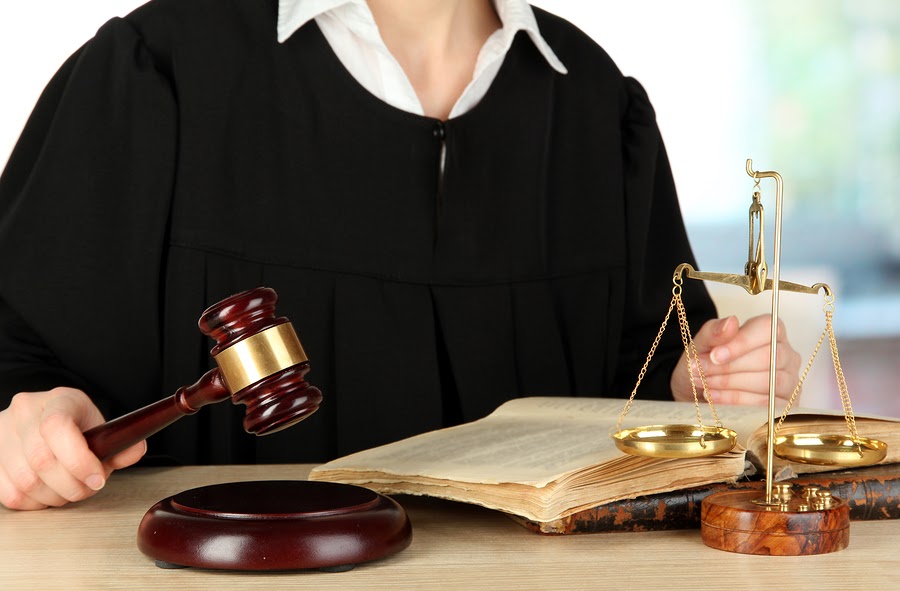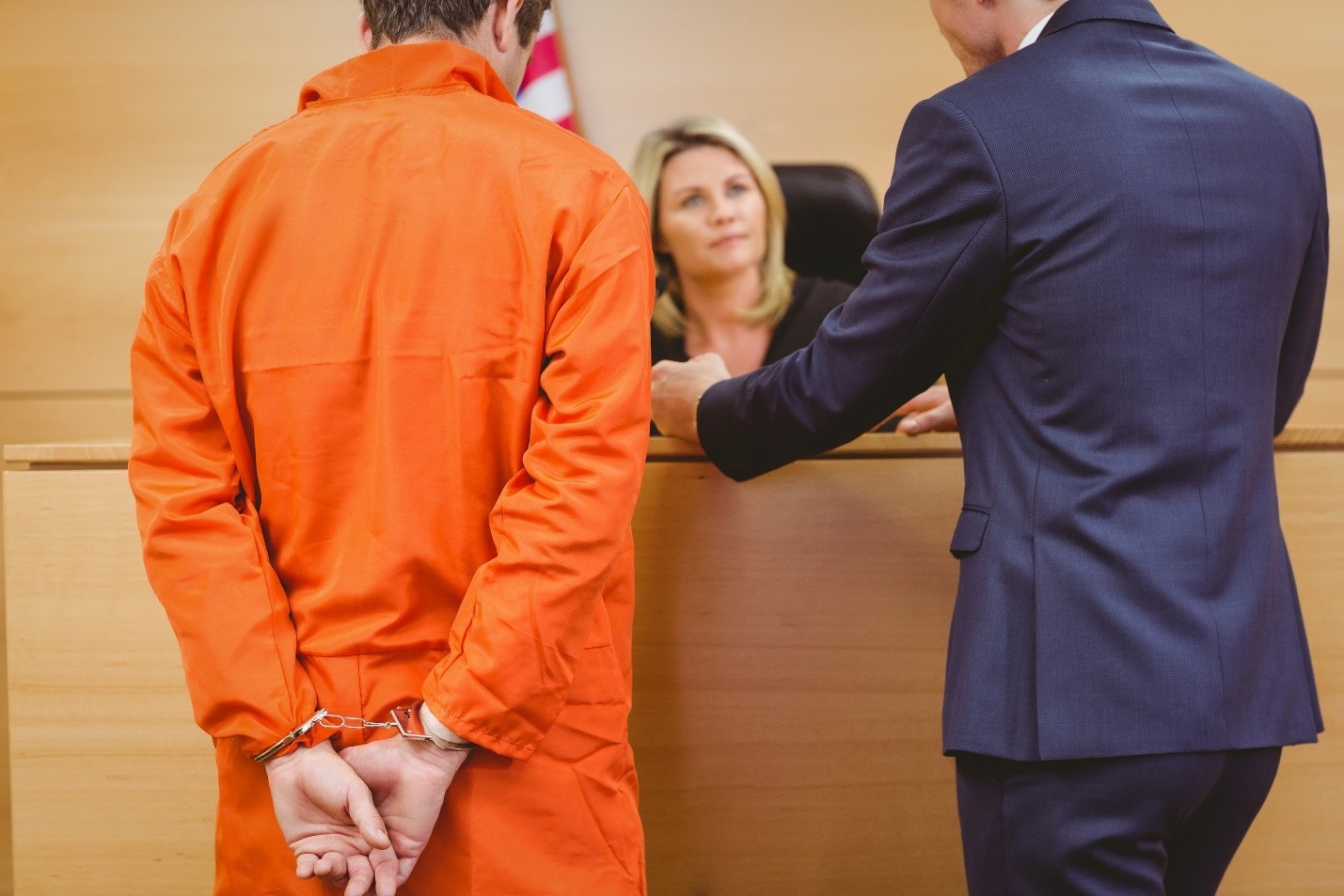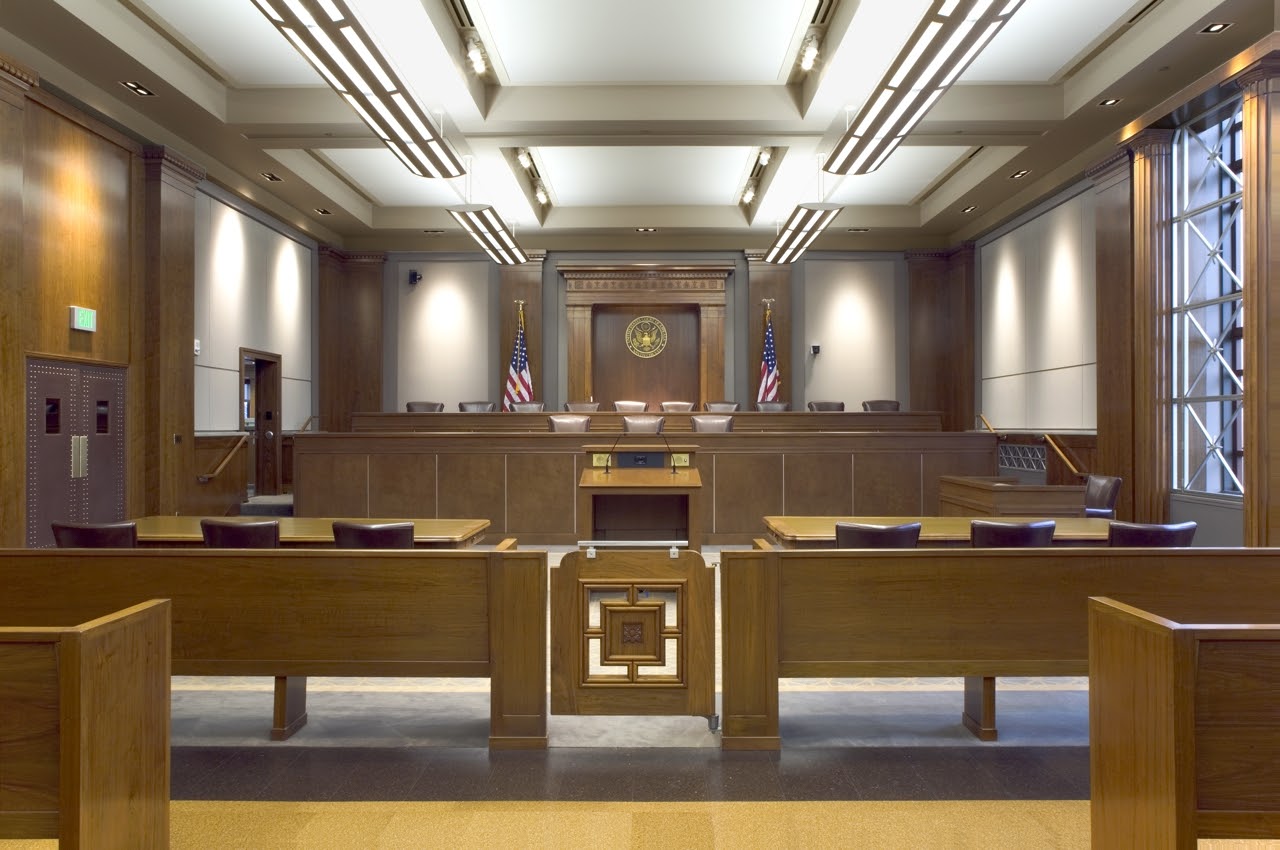Being charged with a crime and being convicted of a crime are two very different things that require very different levels of proof. A lot can happen between the time you are arrested and charged and the time you are convicted, plead guilty, or are acquitted of a crime. Many times, police and prosecutors start their cases by applying the law strictly, but once they see the actual evidence they have available and receive pressure from defense attorneys, their case begins to change. This can lead to charges being dropped, reduced, or winning the case altogether. The Queens, NY criminal defense attorneys at Sullivan and Galleshaw explain how this might happen, and why.
Dropping and Dismissing Charges for Lack of Proof
The goal of a prosecutor, the lawyer hired by the government to try criminal cases, is to ensure that justice is done. Their job is not to lock people up and throw away the key, regardless of what the evidence says. The same is true of police officers, in most situations. This means that these officials are not supposed to charge defendants with crimes they know they cannot prove. When an investigation takes a turn and it appears that the defendant did not actually commit the crime, or that they do not fulfill all of the elements of the crime, a responsible prosecutor should “drop” the charges that do not fit.
In some cases, the prosecution and police are convinced that the crime occurred, and that you committed it. To ethically charge a defendant with a crime, prosecutors need to have “probable cause” that you committed the crime. Probable cause is when there are facts that would make a reasonable person believe that the defendant committed the crime. This suspicion must be based on specific facts from the police and witnesses. Using the “reasonable person” standard makes this an objective standard, not one that changes from person to person.

Often, cases will go to a preliminary hearing where the police or prosecutors must present the evidence of their probable cause to a judge. If the judge finds that the case lacks probable cause, the judge will “dismiss” charges. Any time before trial, judges may still dismiss a charge if the defense makes a good argument that the charge cannot be proved at trial in a “motion to dismiss.”
If the case goes to trial, but the prosecutors are unable to prove each element of each crime “beyond a reasonable doubt,” the judge will “acquit” you of the charges. The “beyond a reasonable doubt” standard is the highest level of proof required under the law, and is the hardest level to prove. Ultimately, if your charges are dropped or dismissed along the way, police and prosecutors could re-file the charges if they get more evidence. An acquittal, though, is the end of the case. The 5th Amendment of the US Constitution prevents “double jeopardy.” That means that once you are acquitted of a crime, they cannot try to charge you with the crime again.
Dropping Charges as Part of a Plea Bargain
When defendants come through the criminal justice system, their goal is often to beat the charges at trial. Sometimes, though, the evidence against you is stacked so high that winning a trial will be impossible. Often, the best strategy in these situations is to try and convince the prosecutors to allow you to plead to a crime with a lower penalty. This reduces how much time you may spend in jail, or may eliminate jail time altogether.
Collecting evidence, compiling a case, and taking it to trial are very expensive, for a defendant and for the government. This means that the responsible thing for prosecutors to do is often to offer deals to defendants to avoid the cost of trial. Prosecutors may also agree to recommend lighter sentences in exchange for a plea – an agreement judges often accept.
Police and prosecutors may be satisfied knowing that you will face some form of punishment, even if it is less than the maximum the law allows. Prosecutors may know that proving some charges will be difficult, and allow defendants to plead to lesser, similar crimes in exchange for avoiding the struggles at trial. For example, robbery is a theft where the items were taken by force. If prosecutors know that proving you used force will be difficult, they may allow you to plead to theft, which carries a lesser penalty. Moreover, you may be charged with multiple crimes that are similar, and police may drop one charge in exchange for a plea to another. For instance, if you are charged with drug possession and possession of drug paraphernalia, the prosecutors may drop the extra paraphernalia charge in exchange for a plea to the drug possession charge.

Since only about 1% of cases go to trial, bargaining over the charges and pleas is one of the primary responsibilities for a criminal defense attorney, and helps reduce charges and keep defendants out of prison.
Queens, NY Criminal Defense Attorneys
The lawyers at Sullivan and Galleshaw help criminal defendants in Queens and throughout New York City handle their charges. This means doing what we can to help get your charges dropped and dismissed, and keep you out of jail. For a free consultation with our lawyers on your New York City criminal charges, call (800) 730-0135 today.

